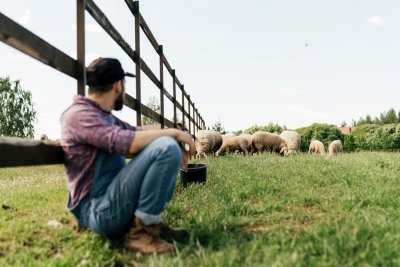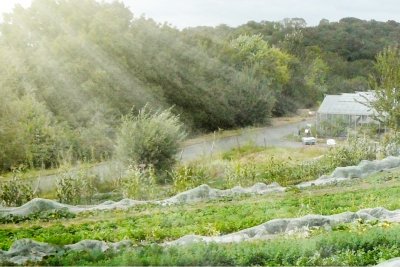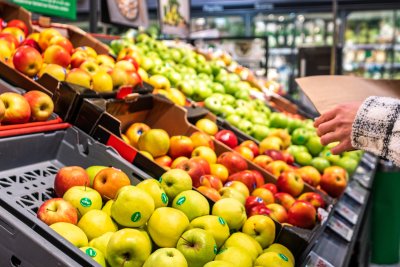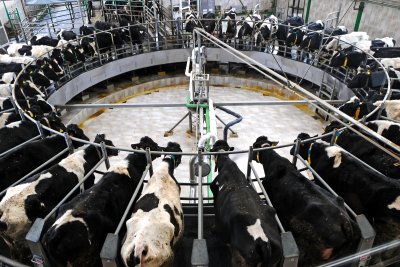
Drug laced bacon among risks of US-UK trade deal
The Soil Association release 10 food safety concerns with a transatlantic trade deal. The list includes ractopamine in pork, flame retardant in citrus drinks and chicken litter being used as animal feed.
The Soil Association, who are a member of Sustain, have released the following list of Top 10 US food practices which are all currently banned in the EU:
-
Chlorine-washed chicken
In the US, instead of preventing infection in chickens across all stages of rearing and slaughter, the American poultry industry has resorted to acid washes to eliminate bacteria at the end of the meat production chain. -
Hormone-treated beef
The US Food and Drug Administration (FDA) allows a number of steroid hormone drugs for use in beef production. Cattle producers use hormones because they allow animals to grow larger more quickly on less feed, thus reducing production costs. -
Ractopamine in pork
An estimated 60-80 percent of US pigs are fed the beta agonist drug, ractopamine, prior to slaughter. When used, it yields approximately three kilograms of additional lean pork and improves feed efficiency by 10%. Ractopamine has been found to cause serious disability in animals, including trembling, broken limbs and an inability to walk. -
Chicken litter as animal feed
In the US, chicken litter (a rendered down mix of chicken manure, dead chickens, feathers and spilled feed) is marketed as a cheap feed product, particularly for cattle. -
Atrazine-treated crops
Atrazine is applied on more than half of all corn crops, and up to 90 percent of sugar cane. Atrazine is a potent endocrine disruptor and reduces immune function in both wildlife and laboratory rodents. The chemical has also been found to possibly induce breast and prostate cancer. -
Genetically modified foods
The US has wholeheartedly adopted genetic engineering. In the US, 88% of corn and 93% of soy are genetically modified. -
Brominated vegetable oil
In the US, the synthetic additive Brominated vegetable oil (BVO) is used in many citrus drinks (e.g. Mountain Dew) to keep flavour evenly distributed. However, BVO is also used as a flame retardant. Public health concerns have been raised since chemically similar flame-retardant chemicals disrupt normal hormone function, leading to problems with brain development in children, fertility, thyroid function, and possibly cancer. -
Potassium bromate
Potassium bromate is approved by the FDA to strengthen dough and promote rising in baked goods. It has been found to be a possible carcinogen by the International Agency for Research on Cancer (IARC). -
Azodicarbonamide
Azodicarbonamide (ADA) is used as a bleaching agent for cereal flour and a dough conditioner in baking. During baking, ADA breaks down to form a number of different chemicals. One of these chemicals, semicarbizide (SEM), has been found to increase the incidence of tumours in lab rats. -
Food colourants (BANNED IN THE UK, REGULATED IN THE EU)
In the United States, products that include Yellow 5 and 6, Red 3 and 40, Blue 1 and 2, Green 3 and Orange B are available for purchase and do not require labelling. In 2008, these artificial colourings were taken off the UK market due to health concerns.
The full report from the Soil Association can be found here.
The Trade Bill is currently at the committee stage in the House of Commons. Sustain is bringing together voices from across food and farming to campaign for a sustainable Brexit.
Good Food Trade Campaign: Campaigning for good trade that benefits people and the planet at home and overseas.
Sustain
The Green House
244-254 Cambridge Heath Road
London E2 9DA
020 3559 6777
sustain@sustainweb.org
Sustain advocates food and agriculture policies and practices that enhance the health and welfare of people and animals, improve the working and living environment, promote equity and enrich society and culture.
© Sustain 2025
Registered charity (no. 1018643)
Data privacy & cookies
Icons by Icons8







